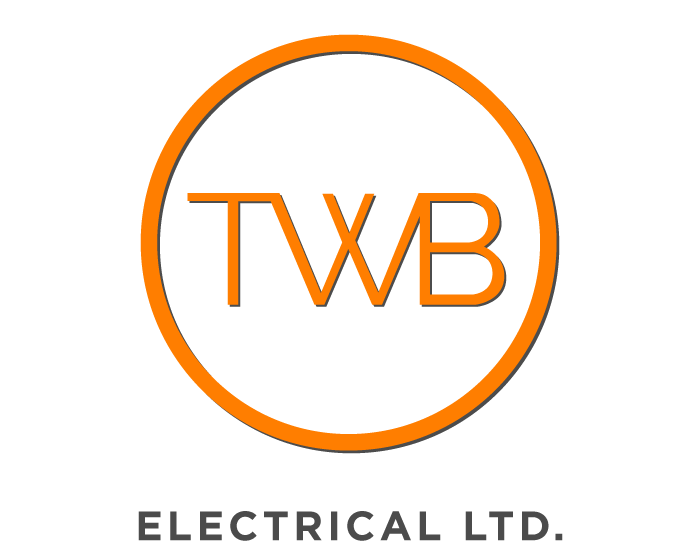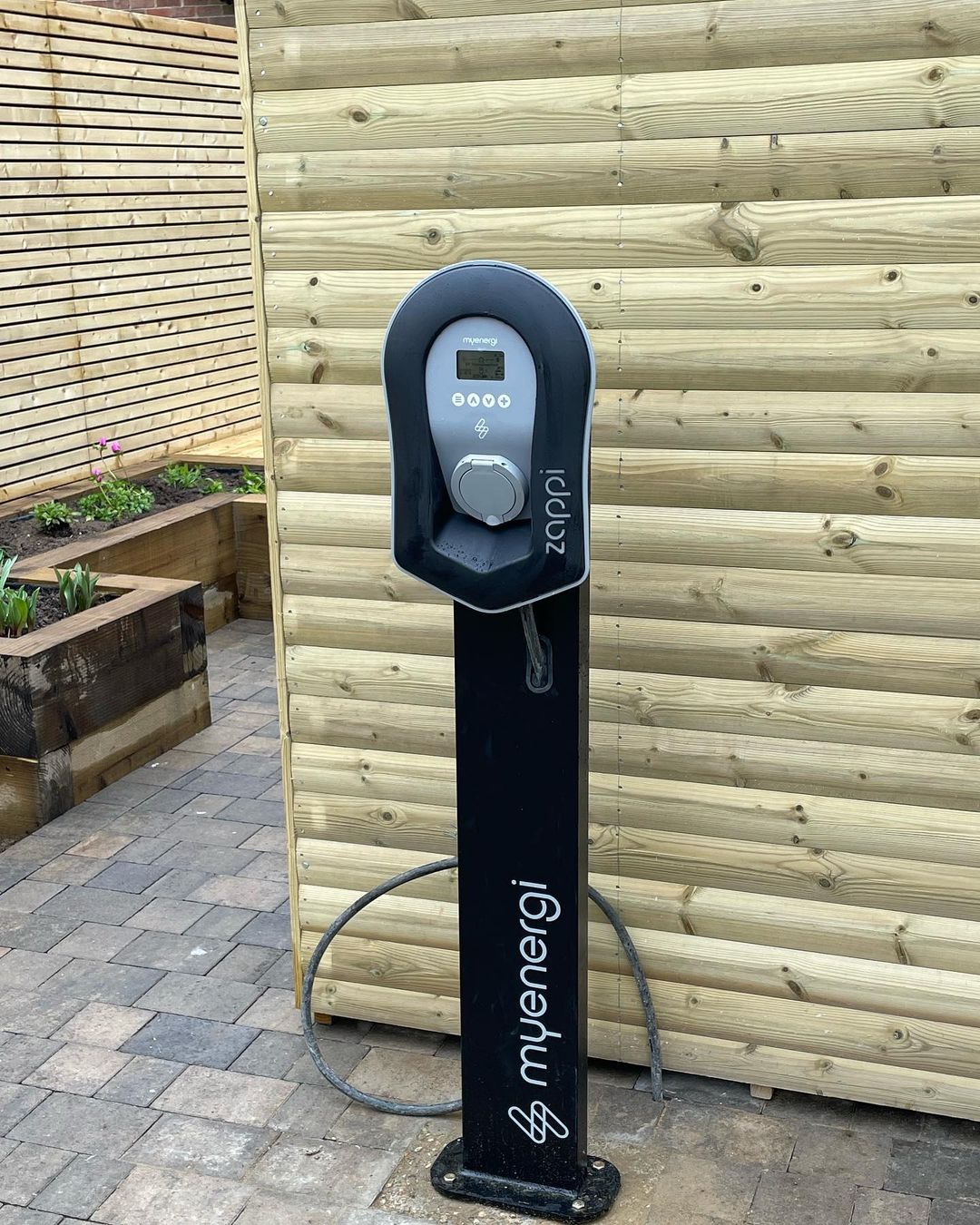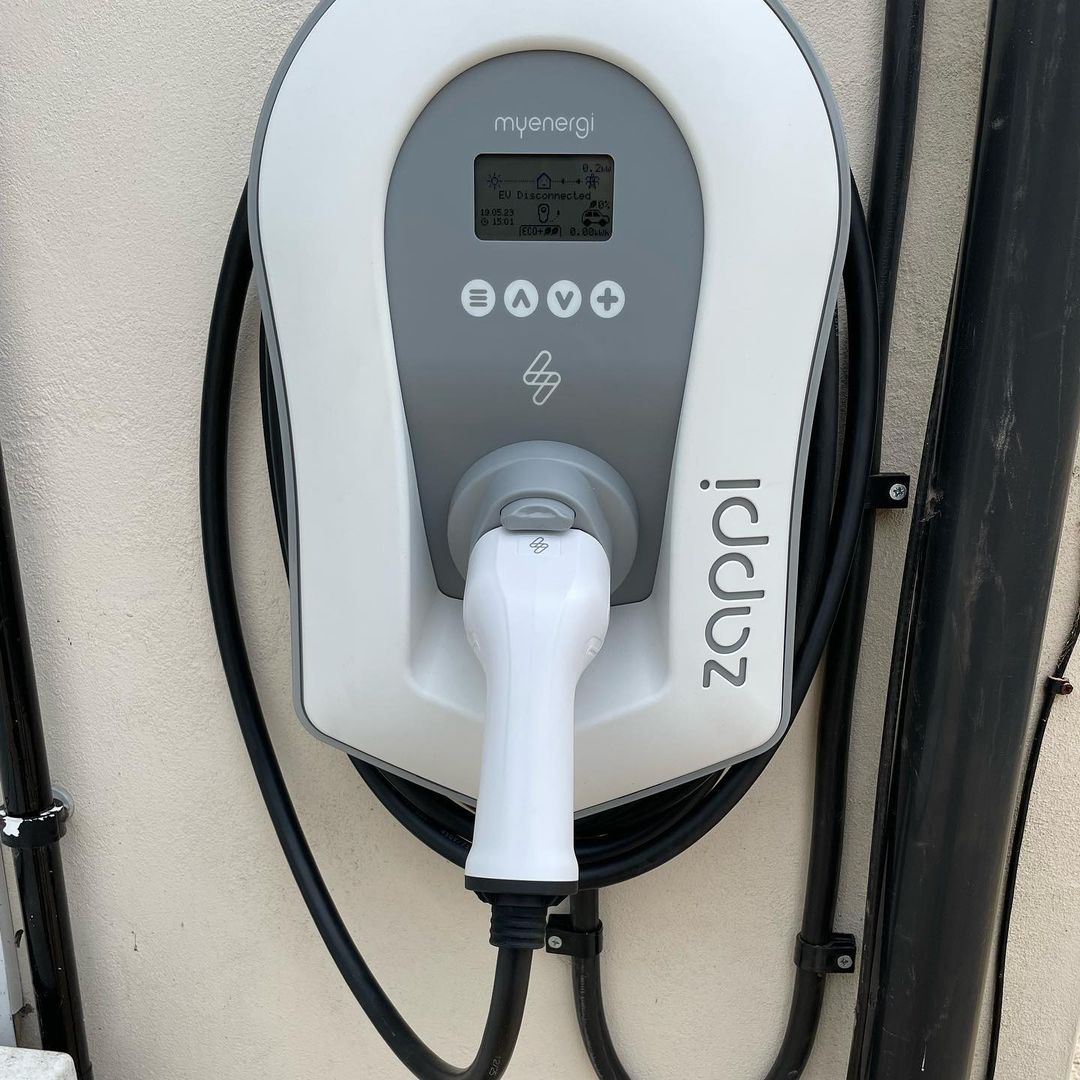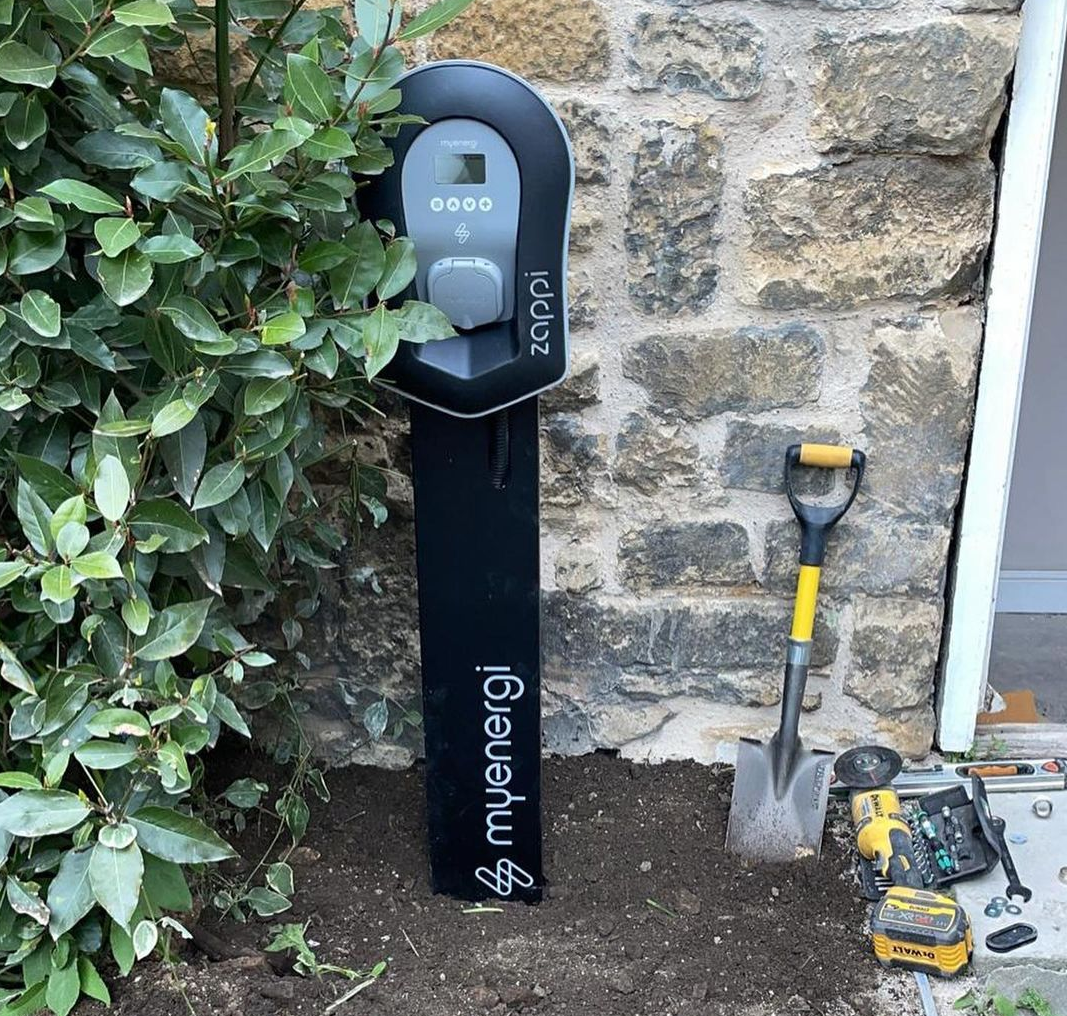The automotive industry has been undergoing a significant transformation in recent years, with the rapid rise of electric vehicles (EVs) as a cleaner and more sustainable alternative to traditional combustion engine cars. Alongside this shift, the demand for electric vehicle chargers has surged, as EV owners seek reliable and convenient ways to power their vehicles. In this blog, we will explore the world of EV chargers, their importance in supporting the growth of electric mobility, and the various types of chargers available today.
Understanding Electric Vehicle Chargers
Electric vehicle chargers are devices that supply electricity to recharge the batteries of electric vehicles. They are designed to provide the necessary energy for a vehicle’s electric powertrain, enabling EV owners to conveniently recharge their vehicles at home, in public spaces, or on long journeys. EV chargers come in different sizes, charging speeds, and connectivity options to cater to the diverse needs of EV owners.
Types of Electric Vehicle Chargers
Level 1 Chargers: These are the most basic form of EV chargers and are typically included with the purchase of an electric vehicle. They use a standard household outlet (240-volt). Level 1 chargers are suitable for overnight charging at home but may not be ideal for rapid recharging or long-distance travel.
Level 2 Chargers: Level 2 chargers offer faster charging speeds compared to Level 1 chargers. They require a 240-volt electrical circuit and are commonly installed in residential homes, workplaces, and public charging stations. They can deliver anywhere from 10-60 miles of range per hour, depending on the charging station’s power output and the EV’s capability. They are more efficient than Level 1 chargers and significantly reduce charging time.
DC Fast Chargers: DC Fast Chargers, also known as Level 3 chargers or rapid chargers, are designed for quick and convenient charging. They utilise direct current (DC) power and offer significantly higher charging speeds compared to Level 1 and Level 2 chargers. DC Fast Chargers can deliver up to 200 miles of range in just 20-30 minutes, making them ideal for long-distance travel and reducing charging downtime.
Gallery photos below show some recent installations in Lincolnshire: Wall Mounted & Pedestal options:
Importance of EV Chargers
Enabling Convenient Charging: The availability of a reliable charging infrastructure is crucial to the widespread adoption of electric vehicles. EV chargers allow their owners to conveniently charge their vehicles at home, work, or on the go, providing them with the peace of mind that they can refuel their vehicles whenever needed.
Supporting Renewable Energy Integration: EV chargers play a vital role in the integration of renewable energy sources into the power grid. By allowing EV owners to charge their vehicles during off-peak hours or when renewable energy generation is high, chargers contribute to a more balanced and sustainable electricity system.
Promoting Range Confidence: One of the barriers to EV adoption has been range anxiety, the fear of running out of battery power while on the road. A well-distributed network of charging stations, including fast chargers, can alleviate this concern by providing EV owners with the assurance that they can recharge their vehicles during long trips.
The Future of EV Chargers
As the electric vehicle market continues to expand, the future of EV chargers looks promising. Several advancements are on the horizon, including wireless charging technology, higher power output chargers, and enhanced connectivity features. Additionally, innovations such as vehicle-to-grid integration (V2G) could enable bidirectional charging, allowing EVs to supply power back to the grid during peak demand periods.
TWB Electrical install EV chargers throughout Lincolnshire and NE Lincolnshire. These include the Myenergi Zappi, Rolec, Anderson to name a few.




